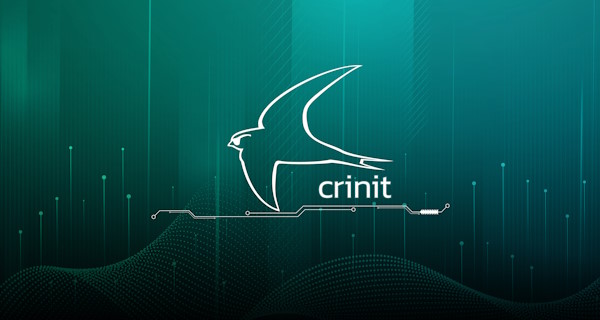- Booting – basics
- cominit
- crinit
- Shell-free and secured startup
- crinit at runtime
- Conclusion
This white paper discusses the boot process of Linux systems and presents two FOSS software packages that implement important tasks required to boot up a Linux system in a function-focused embedded environment.
The presented tools cominit and crinit are alternatives to systemd and initramfs tools such as dracut or the initramfs tools of Debian. In many cases it is a good idea to just take these tools and configure them as needed. But in embedded systems that are highly optimized towards performance (fast boot time), storage (no waste of memory), security, and functionality, these generic tools might not fit perfectly. To achieve the abovementioned goals with systemd and dracut, a manual shrinking process from the feature-rich default configuration needs to be accomplished by developers. Security features such as configuration-file checking are not available on application level in systemd, dracut, and the Debian tools. These tools also heavily depend on shell interpreters, which might cause security concerns.
To overcome these limitations with focus on embedded devices, crinit and cominit were developed.
Crinit and cominit are part of Elektrobit’s open-source software solutions called EB corbos Linux – built on Ubuntu.
Visit EB corbos Linux – built on Ubuntu to learn more.



